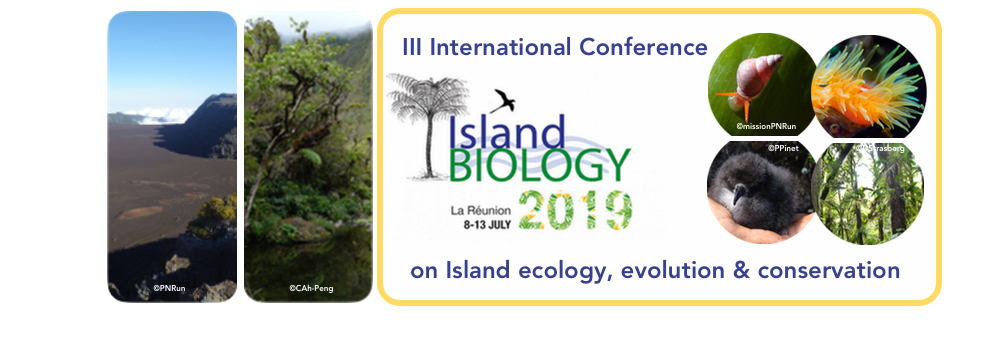Management of human activities in the marine environment is vital for sustaining the health and function of marine ecosystems. Ecosystem-based management implanted through marine spatial planning (MSP) would ideally allocate human activity in a sustainable perspective. However, data and knowledge on marine environments and human uses at sea often suffer from shortfalls that cause great uncertainty regarding the current and future interactions between marine ecosystems and socioeconomic activities. At the heart of this uncertainty is the data abundance bias between more accessible and emblematic ecosystems and therefore more studied areas versus other areas. These shortfalls are illustrated along the 215 km coast of Reunion Island (Western Indian Ocean) between the well-documented coral reef coasts versus the rocky windward side. We examine the underlying social and technical driving factor to those data gaps and biases. Primary results reveal how the lack of biological and environmental data strongly drive management priorities and produce socio-environmental inequities through a “Poor data poor decision” loop. We propose solution pathways to address these biases in MSP from the early stage of data collection to the advanced stage of proposing spatial management plan. We advise to apply MSP concepts to the zoning of future scientific investigation efforts in the marine geographic space. This study contributes to further development of the theory and practice of addressing data gaps, biases and uncertainty in MSP, especially in distant and/or deep waters compared to coastal waters.

|
|
|
|
Breaking the “Poor data poor decision” loop. Strategies to balance geographic data- knowledge biases in marine spatial planning
1 : University of Reunion Island
UMR ESPACE-DEV
97490 Sainte-Clotilde France -
France
2 : University of Reunion Island
UMR ENTROPIE
97490 Sainte-Clotilde France -
France
3 : University of Reunion Island
Université de la Réunion
97490 Sainte-Clotilde France -
France
|
| Online user: 61 | RSS Feed |

|
 PDF version
PDF version